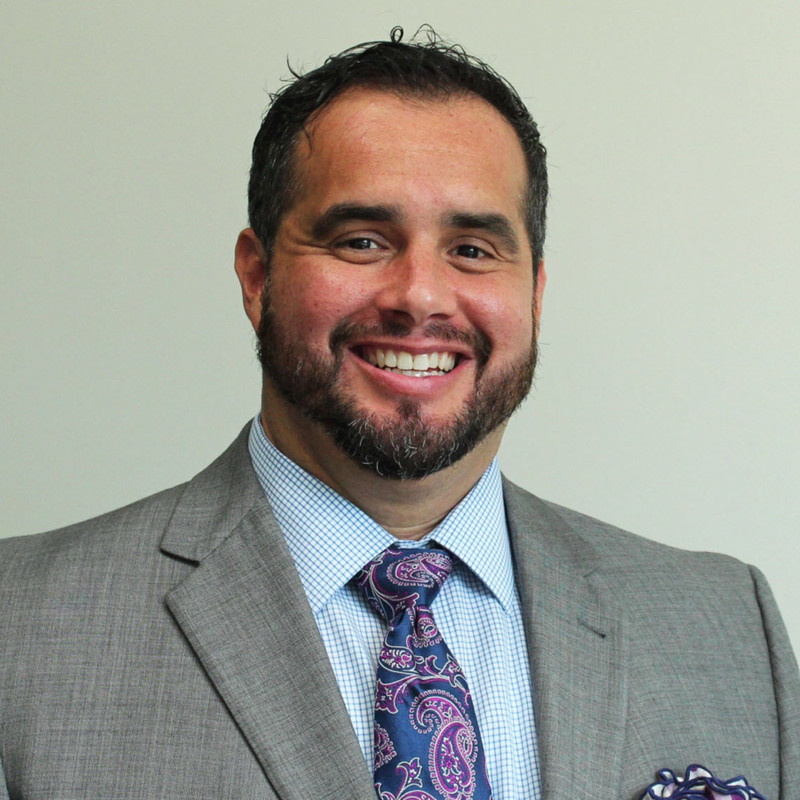Many of us feel a sense of defeat, loss and frustration as we reflect on the recent Supreme Court decision to ban race-conscious admissions practices. Over the last few weeks, we’ve read countless statements from colleges and universities affirming their commitment to a diverse student body.
However, we’ve heard much less about “how” they intend to achieve that goal. The reality is that most of those institutions were already struggling to recruit and retain students of color. So, they must consider one fundamental question as they build strategies in response to the ban, “What is my institution proactively doing to not just support the admission of Black and Brown students but also to promote their retention, and, most importantly, degree completion?”
At Bottom Line, we believe that getting in is only the first step along a student’s path to a degree. To achieve the goals outlined in their public statements, it is critical that institutions of higher education interrogate their inequitable admissions practices and the things they do and do not do to affect persistence and degree completion for the students they serve.
Practices like legacy admission preferences, early-action, early-decision programs, the lack of need-based aid, or the lack of sufficient persistence supports demonstrate that a college is not serious about diversity or equity. Black and Brown students should, therefore, seriously question whether that institution deserves their attention, enrollment or tuition.
As the uncertainty around what colleges will do to achieve their diversity goals continues, one of the few strategies that have clearly surfaced is for college essays to be used as the appropriate venue for discussing race or ethnicity in the admissions process. According to the majority opinion, students should emphasize their racial or ethnic identity and its connection to their experiences in their essays. However, this recommendation is highly problematic for a couple of reasons.
First, let’s take the majority opinion at face value and use it to tailor our nation’s approach to college admissions moving forward. We erect additional college access barriers for degree-aspiring students by making it their responsibility to address the highly consequential socio-political implications of race and ethnicity on higher education. We are asking them to argue why (their) race or ethnicity is intrinsically linked to their application’s merit — the very thing the Supreme Court rejected publicly at a systems level in this monumental decision.
Moreover, this will likely exacerbate already existing unethical dynamics in the college admissions process. It attaches an incentive to a student’s ability — and willingness — to frame their experience as a sob story, emphasizing the vulnerability, trauma and marginalization they have experienced because of their race instead of their skills, accomplishments and aspirations. Similar to critiques in philanthropy about poverty porn — media that exploits the vulnerability or suffering of an individual or group to elicit emotional reactions that increase donations — making the college essay the sole venue for the discussion of race also creates an exploitive dynamic.
Students should not have to dig into their most painful experiences to convince committees that they are worthy of admission. That framing most assuredly increases feelings of imposter syndrome when they get to campus. You spend time writing about how these experiences make you unique, and you believe that’s how/why you get accepted. Then you spend the next four years thinking you don’t belong.
It is one thing if a student chooses to address these dynamics. Still, as professionals working in educational equity, we know that no student, regardless of identity, should be encouraged to frame themselves from a deficit perspective. These students are building their sense of self, and we have an obligation to think about how to support them in this process by highlighting their assets and accomplishments.
At Bottom Line, our approach relentlessly emphasizes the agency and social resources that aspiring college students bring to the college admissions process. We partner with our students as consumers in the education marketplace. We highlight the fact that colleges need to earn their business. And we remind them that they don’t need to sell their story or discuss intimate or vulnerable experiences to attract a college offer. We believe there is another way.
A college education is the most direct path to social and economic mobility. Instead of individualizing the onus for educational equity and pushing it onto students by encouraging them to emphasize their race in college essays, leaders at institutions of higher education have a moral responsibility to make systemic changes that reduce the existing barriers facing low-income, first-generation, and Black and Brown students. This includes adjusting tactics to actively find, recruit, retain and graduate more students from these demographic groups. Because what’s good for Black and Brown students is good for all students.
We are pleased that some institutions are taking more novel steps to increase equity. For example, the recent decision by Wesleyan University to end the use of legacy admissions is one step, and new data published by Opportunity Insight encouraging other selective institutions to go even further is another step.
Let me be clear. The removal of race-conscious affirmative action will directly and negatively affect the chances of Black and Brown students entering higher ed. It will spill over into other programs and areas where employers and institutions are anxious that race-conscious affirmative action may soon be struck down. Given this reality, it is all the more critical for us to be clear about how we will and won’t move forward when partnering with students to ensure their success.
Even though our nation’s educational system has not equally supported all students, race-conscious affirmative action is now banned. We are coming to terms with this new reality. But let’s not allow the Supreme Court’s decision to dictate how we advise in this new era.
I hope you’ll join me in supporting students as active agents in their educational trajectory while we work toward changes at our institutions and organizations. Institutions of higher education should be boldly taking action to deserve the privilege of educating all our students.


